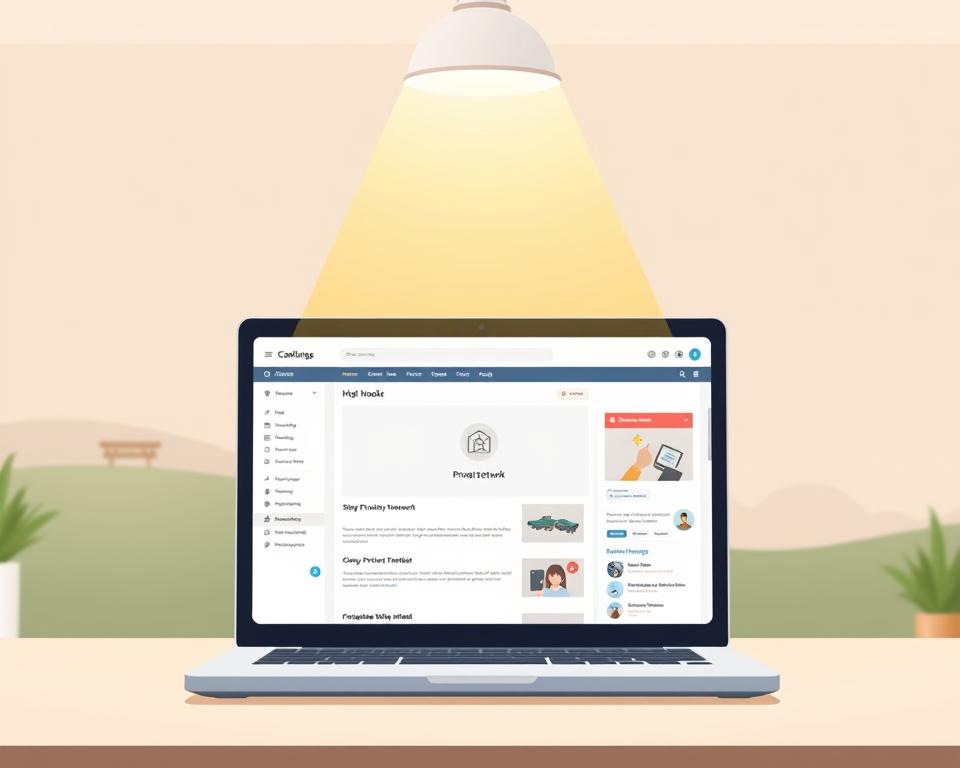Guest Blogging Sites That Reward Contributors with Revenue Shares
Grasping PBN Link Fundamentals
Did you know nearly 60% of SEO professionals have used private blog network links? The appeal of a Private Blog Network (PBN) is its power to boost a website’s authority. Consequently, search engines may reward you with improved rankings. Yet, what truly defines a Private Blog Network in the SEO world? While PBNs promise swift SEO wins, they present major perils. Those dangers include harsh Google penalties. Let’s dive into the fundamentals of submit guest post and why they’re so captivating to many in the SEO field.
Defining a PBN
A private blog network, or PBN, is a group of websites built to create pbn backlinks for a main site. It works by sending SEO value via backlinks from secondary sites to your core site. By leveraging expired domains with lingering trust, PBNs present a convincing front to crawlers.
The purpose of a PBN is clear. Site owners use them to improve their online presence. They do this by:
- Acquiring targeted backlinks to lift rankings.
- Managing link parameters for perfect keyword targeting.
- Building a network of sites that link to each other naturally.

How do Private Blog Network Links Work?
PBN links work by creating private blog network backlinks that mimic natural links. When a pbn site links to another, it artificially increases that site’s perceived value and credibility.
The process involves carefully chosen keywords and domains within a network of blogs. While this method can quickly improve rankings, it poses significant risks.
Success hinges on embedding links in contextually relevant, high-quality content.
The Advantages of Using Private Blog Networks
The chief allure of PBNs lies in their backlink control. PBNs let you dictate exactly how, where, and when your links appear.
Expired domains give you a head start on link authority.
Further, the flexibility found in PBNs allows for precise targeting of keyword-rich anchor texts.
PBN Pitfalls
But these benefits come with major downsides. Primary among these is the threat of manual or algorithmic penalties from Google.
Why PBNs Still Tempt SEOs
In the competitive world of SEO, professionals often face challenges with traditional link-building strategies. They promise speed and predictability in link acquisition.
PBN Management Tips
Safeguard your network by following these protocols. Ensure no footprints link your PBN to your main site.
How to Detect PBN Backlinks
Spotting PBN links on your site is key to keeping your domain reputation healthy.
| Indicators of PBN Links | Description |
|---|---|
| Low-Quality Domains | Links from domains with poor authority or less than optimal rankings. |
| Irrelevant Content | Links embedded in content that does not match your site’s niche. |
| Suspicious Anchor Text | Repetitive or irrelevant anchor text patterns. |
| Thematic Similarity | Lack of a coherent theme among linking pages and domains. |
How to Disavow Private Blog Network Links
- Identify harmful PBN backlinks through thorough analysis.
- Create a disavow file correctly, listing specific URLs or domains to disavow.
- Upload the disavow file to Google Search Console.
Ethical Link Building Alternatives
Consider guest posting for genuine backlinks.
PBN Misconceptions
Private Blog Networks (PBNs) are often misunderstood, affecting both new and seasoned SEOs.
Future of Private Blog Networks in SEO
| Factor | PBNs | Future SEO Practices |
|---|---|---|
| Content Quality | Low emphasis on genuine content | High emphasis on high-quality, valuable content |
| Risk Factor | High risk of penalties | Lower risk with authentic practices |
| User Engagement | Limited engagement | Enhanced user interaction and loyalty |
| Sustainability | Unsustainable in the long term | Focus on sustainable growth |
Bringing It All Together
Ultimately, PBN use can jeopardize your long-term SEO success.
